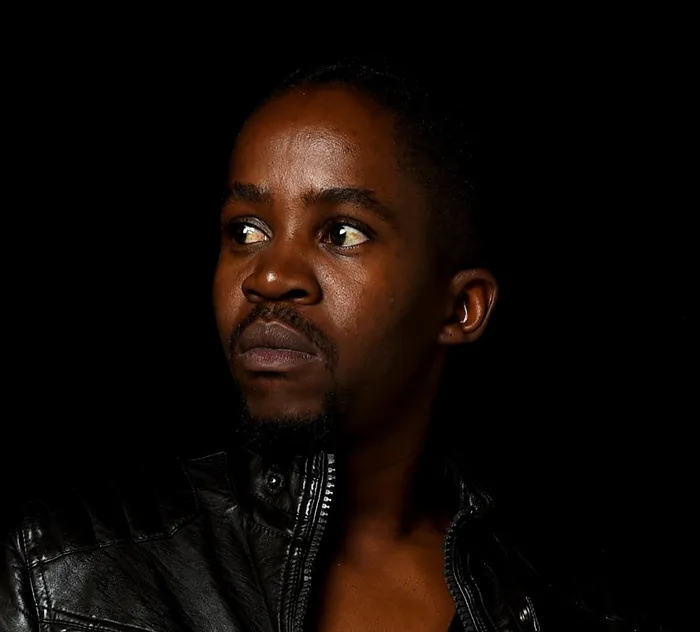
Rabbie Serumula, author, award-winning poet, journalist.
Image: File
They tell us the shore is safe. Yet underneath, the tide swallows sand grain by grain. On Day Two of the Madlanga Commission, Lieutenant-General Nhlanhla Mkhwanazi did more than recount allegations; he drew a map of decay in our institutions, tracing how unchecked power leaves citizens vulnerable.
He started with the smallest ripples. A Johannesburg Metro police department officer, Johannes Makgatle, allegedly used official systems to aid a murder suspect, Katiso “KT” Molefe. Renewing vehicle licences, checking registration databases, tipping off about surveillance vehicles; all acts meant to subvert justice under the guise of routine administration. The mischief may have been microscopic, but its ripple reached far beyond the suspect. It reminded South Africans that the very systems meant to protect them can be co-opted, manipulated, and abused.
The tide, however, does not stop at street level. Mkhwanazi’s testimony placed powerful figures in the current as well. Vusimuzi “Cat” Matlala, a man linked to controversy and alleged crime, reportedly enjoyed blue-light perks from the Ekurhuleni Metro with police collusion. And Members of Parliament, like Fadiel Adams, allegedly accessed and exposed state secrets, compromising sensitive investigations that the public can only hope remain effective. These are not isolated incidents; they are signposts of how privilege and impunity travel the same channels as law and order.
By the time the commission turned its gaze on the top, the stakes became political theatre turned into a spectacle for all to see. Suspended police minister Senzo Mchunu found himself under the shadow of Mkhwanazi’s revelations. Allegations that potentially link him to decisions undermining investigations elevate this from whispers in corridors to headlines demanding attention. The question emerges: will the performance of accountability translate into tangible action, or will it remain just that, a performance?
Political interference is no longer subtle. Mkhwanazi laid bare claims involving Dianne Kohler-Barnard and the National Communications Centre’s Fadiel Adams, hinting at the manipulation of narrative and the flow of information meant to safeguard investigations. Even as ministers and committees issue statements praising the “seriousness” and “objectivity” of the commission, one cannot help but ask whether these declarations are masks, a carefully staged theatre to reassure the public while systems continue to erode beneath their feet.
Taken together, these revelations outline a spectrum of decay: from street-level officers bending rules for favours, to high-profile politicians allegedly interfering in investigations, to public figures benefiting from perks that ordinary citizens cannot imagine. Each story is a thread that commissions of inquiry promise to untangle, but have historically only traced. The Madlanga Commission may yet be different, but history teaches caution. The tide is rising, and those on shore, citizens, journalists, oversight bodies, are left watching, questioning, hoping that this time, someone will finally shovel sand back before it’s too late.
For more analysis and commentary in vernacular, join the conversation on Rabbie’s YouTube Channel: www.youtube.com/c/RabbieWrote?sub_confirmation=1
Related Topics: